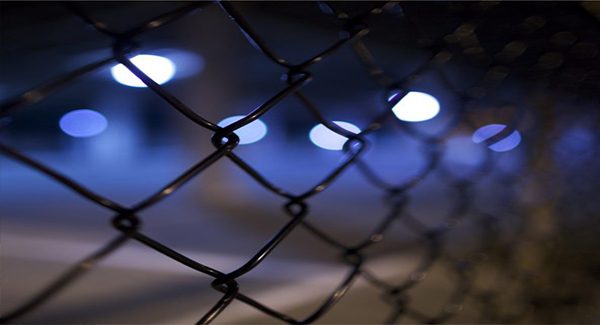Living in a condominium, homeowners, or townhome association requires an owner to divulge personal information that is safe-guarded by the inherent fiduciary duties of the Board of Directors. Although providing information like the make and model of your vehicle might appear invasive, the Board collects this information in an effort to efficiently run the Association and ensure proper compliance with the Association’s governing documents by all community members.
In this article, we will dive into seven privacy concerns in a community association.
- There is a reasonable expectation of privacy within a Unit Owner’s Unit.
True. Yes, there is a reasonable expectation of privacy within a Unit Owner’s Unit. However, this is not without exception. In the event the Unit Owner’s conduct within their Unit conflicts with the Association’s governing documents, then the Association may get involved and enforce restrictions within a Unit Owner’s Unit.
Three situations where Association involvement may occur include:
- when a Unit Owner is noncompliant with an all-out smoking ban within the Association
- when there are architectural controls in place limiting the Unit Owner’s options for internal renovations to their Unit, and/or
- when a Unit Owner’s activities present a safety or health hazard.
- The Association can enter a Unit at any time for any reason.
False. The Association’s Declaration and/or other statutory sources of authority provide that the Board or its agents can gain access to a unit in order to perform necessary maintenance on the common elements or to protect the common elements, other units, or the property.
Two situations where the Board may assert their right to gain access include when:
- there is a leak within a Unit impacting other portions of the property and/or
- when a Unit’s condition is adversely impacting the health and safety of others within the community (ex. hoarding).
- There is a reasonable expectation of privacy within the Association.
False. A unit owner does not have a reasonable expectation of privacy in the common elements of the property. This includes hallways, open space, open balconies or patios, etc.
- Drones are prohibited on Association property due to possible invasion of privacy.
False. An Association may utilize a drone with a video camera to inspect difficult to access portions of a building like a roof areas or tuck-pointing. However, the Board needs to ensure that the drone does not present an “invasion of privacy”. That is, the drone must not transmit or record video or photograph into an area where an owner has a reasonable expectation of privacy such as within a Unit.
Association residents may use drones for hobby or recreational purposes. This creates the potential for “invasion of privacy” claims by other residents. Associations should consider the adoption of appropriate rules/amendments to their recorded covenants that address, but are not limited to:
- time restrictions on use of drones,
- identifying where drones can and cannot be flown,
- liability concerns (ex. require residents who use a drone to indemnify the association), and
- registering resident drones like motor vehicles.
- A Unit Owner’s vote on Association matters is confidential.
False. Unless an association has adopted secret ballot rules, the Illinois Condominium Property Act and Common Interest Community Association Act both provide that any owner has a right to request and view copies of the ballots or other voting records of the Association from the preceding year.
- All financial information provided to the Board is private information.
False. Some information, such as mortgage and ownership information, is readily available and considered public information. Further, some Declarations have provisions that entitle mortgage lenders to certain disclosures from the Association (i.e. notice of an amendment, notice of a decision to self-manage, notice of a unit delinquency). However, the majority of personal and financial information is confidential.
- The Association is responsible for safe-guarding financial information.
True. Whether an Association allows members to make payments toward common area assessments online or an Association maintains Unit Owner on a computer, precautions must be taken.
The following are a few best practices that property managers and Associations can implement to help safeguard members’ personal and financial information.
- Caution employees against personal web browsing
- Beware of “phishing” schemes
- Manage security updates
- Protect password confidentiality
- Destroy traces of personal information on hardware that may be resold/recycled
- Encourage good practices amongst members making payments (ex. avoid open Wi-Fi).
If your community has legal concerns regarding privacy, do not hesitate to contact our law firm.
Since 1983, KSN has been a legal resource for condominium, homeowner, and townhome associations. Additionally, we represent clients in real estate transactions, collections, landlord/tenant issues, and property tax appeals. We represent thousands of clients and community associations throughout the US with offices in several states including Florida, Illinois, Indiana, and Wisconsin.
Please call 855-537-0500 or visit www.ksnlaw.com.
_
This article is made available by the lawyer or law firm publisher for educational purposes only as well as to give you general information and a general understanding of the law, not to provide specific legal advice. By reading this article you understand that there is no attorney client relationship between you and the article author. This article should not be used as a substitute for competent legal advice from a licensed professional attorney in your state. © 2019 Kovitz Shifrin Nesbit, A Professional Corporation.

